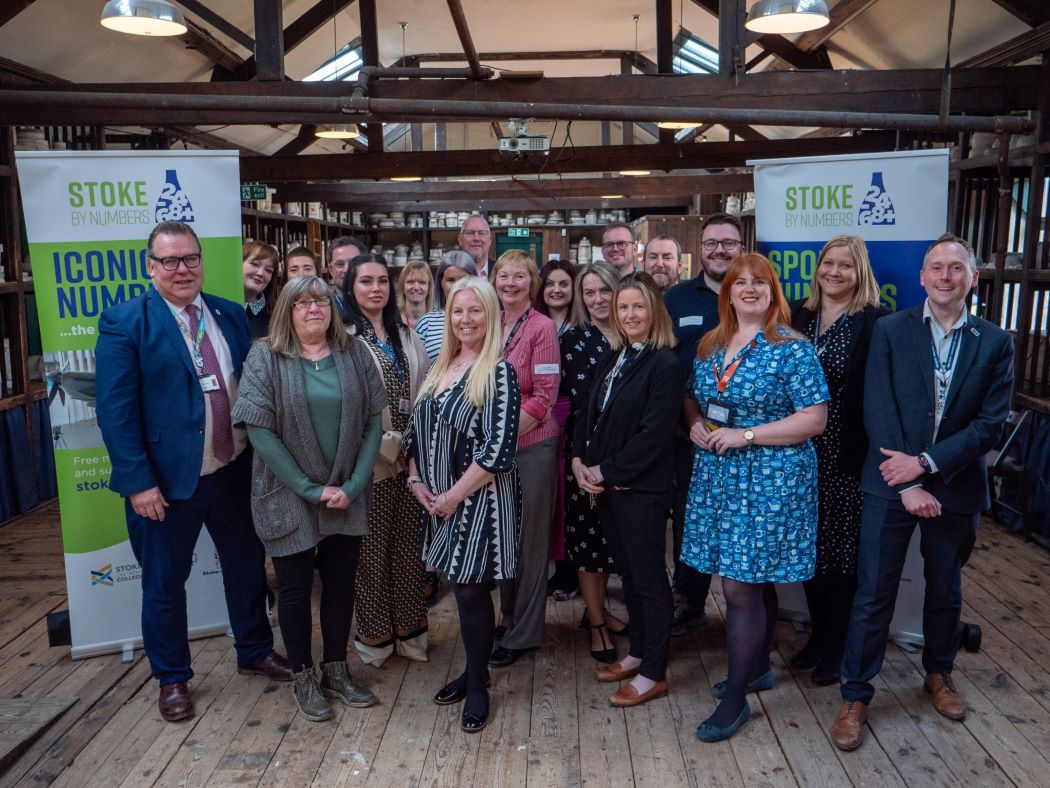DfE Statement on AI: The Implications for FE

Colin Salmon responds to the recent DfE statement on generative AI and its implications for FE.
Last week I had two conversations with colleagues that, on the face of it, may appear contradictory. The first involved how to maintain the integrity of an assignment without a reliable way of determining who might have used a generative Artificial Intelligence (AI) tool such as Bard or ChatGPT.
Later in the week, we found ourselves asking whether those same tools could help teachers develop course content and to plan more quickly. At first glance, the same contradiction might appear to run through the new Departmental statement on generative AI published this month by the DfE. The statement outlines reduction in workload as a potential benefit for teachers, while also warning against the danger of malpractice in assessments.
Why, students and outside observers might ask, should educators be taking advantage of these tools at the same time as restricting their students’ use of them?
The answer to this question lies in understanding better the skills that our students will need in their careers to make effective use of AI. Using AI tools does not necessarily make us better at using them if we haven’t done the groundwork in our field first. It is like a person who has never finished their driving lessons trying to use a Sat Nav.
This is not the first time a new technology has appeared, prompting students (and some teachers) to question the point of learning techniques that can now be automated. I started my career as a maths teacher and recall watching in amazement, and some horror, as a colleague demonstrated a new app which could scan a written mathematical problem and solve it using advanced calculus, showing its working in a legible sequence.
Little has changed in maths classrooms in the decade since
That was ten years ago, and little has changed in maths classrooms in the decade since. Teachers and students have a quicker way of checking if their solutions are correct, but they are still working on the same problems. Universities still offer maths and physics degrees and graduates on those courses remain in high demand from employers. Why is that? Because we cannot make effective use of problem-solving software if we do not understand what the nature of the problem or how the software is solving it.
Without first learning those skills and acquiring the domain-specific knowledge which empowers us to ask the right questions, we can’t know how to use software to solve the problem. Just as importantly, without understanding the mathematics that underpins the software, we cannot determine whether the solution presented is accurate or judge its implications.
Generative AI, in its potential to assist as well as hinder us, has many parallels to equation-solving programmes. For someone who is already an expert in their field, who recognises inaccurate claims and poor arguments based on false assumptions, AI chatbots can be useful tools to give them a starting point in content creation.
As the DfE statement later points out, the power a user gains from AI relies on their ability to pose the right questions, understand the data set the AI draws on, and judge how the result needs to be tailored by human input. For someone who does not yet possess that expert knowledge, AI might seem to offer a shortcut, but if over-reliance on using it prevents the inexperienced person from building their own knowledge base. They will always be at a disadvantage to someone who has done the groundwork and can use the tools more effectively and confidently.
Giving our students an edge in finding employment
In Further Education, if we want to give our students an edge in finding employment, we must guard against allowing them to take the shortcuts that will hinder their ability to get the most out of this new technology in the long term.
We must continue to make them experts in their chosen field first and build in the ability to use new technology on that foundation. Another area the DfE statement touches on is preparing learners to understand the risks posed by AI, both to themselves and the organisations they will work for.
Someone who does not know how to articulate their own thoughts, to structure an argument from first principles, or present a solution to a given problem they have thought through themselves will not be able to recognise when an AI tool has done a poor job. Employers of the future will want to know that their workforce is equipped to recognise unsound work, as well as the more sophisticated scams that this technology will enable.
Implications of this software on the way we assess skills
As I wrote last month, the implications of this software on the way we assess the skills we are developing in learners cannot be underestimated. I suspect we are seeing the beginning of the end of written assignments outside of controlled conditions.
With the rollout of T Levels and the incorporation of externally assessed exams into historically assignment-based qualifications, this change is already underway at Level 3, but it is difficult to see how it can now be avoided at higher levels as well. Synoptic assessments in technical qualifications and end point assessments in apprenticeships may well become some of the most rigorous forms of assessment, and I wonder if this will have a positive impact on the regard in which those qualifications are held.
Assessments in certain advanced level vocational courses may also need to include the proper use of AI tools as part of the challenge, giving learners the opportunity to demonstrate how well they can use these tools and quality assure the content they create.
The DfE statement on AI claims that ‘the best way to prepare for an uncertain future is to develop a strong grounding in the knowledge that has proven most influential in building the world today.’ I agree with this assertion, but it is not a settled matter as to which knowledge has been most influential.
Knowledge and skills driving the economy
The knowledge and skills which are driving the economy in one region of the country will differ from those shaping it in another. I suspect those setting policy in the DfE today and historically have tended to see most value in the sort of knowledge that has built the careers they have personally been successful in.
For those of us in Further Education the opportunity and the challenge is, as ever, to make the most of our close relationships with employers and quickly adapt to the way this new technology changes the skills that are most in demand. We will need to work hard to maintain the quality and integrity of the education we provide and the skills we develop, while at the same time ensuring our learners are prepared to apply those underpinning skills in new ways.
We may need to move more nimbly than secondary schools and universities, but we may also be better placed to embrace the changes that are coming.













Responses